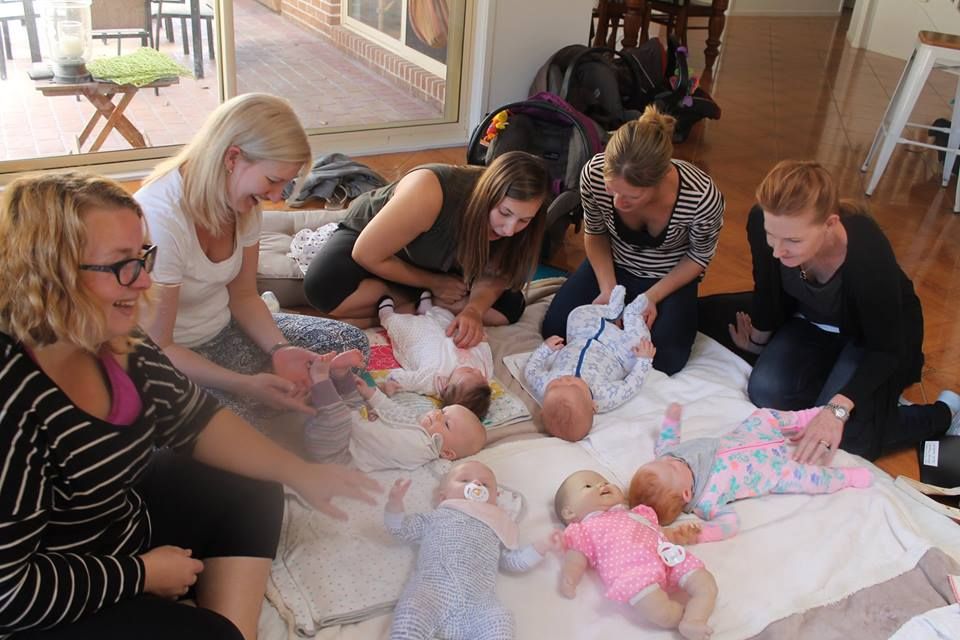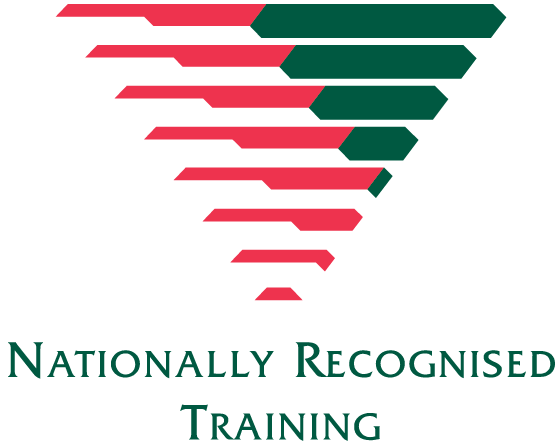The cue-based infant massage training provided by Baby in Mind, qualifies you to teach The First Touch Program to parents.
There are many opportunities for you to use this qualification, in a variety of ways, depending on your individual circumstances.

The First Touch baby massage program is designed to be used in universal and primary prevention contexts, and can also be easily adapted by suitably qualified practitioners to meet the needs of families in secondary and tertiary health care settings.
The First Touch Program is a relationship-based intervention that takes the form of a five-session parent-baby group program.
The program fills an important gap in the availability of attachment-based, health promotion interventions that address the specific security and interaction needs of infants, as distinct from older children.
The First Touch Program pulls together key elements from attachment, health promotion, strengths-based and relationship-based theories into a coherent, simple program model that can be applied in diverse clinical, community and social settings.
The First Touch Program utilises evidence-based and evidence-informed strategies with the aim of supporting and promoting the development of healthy, secure attachment relationships between parents and infants. Activities in the First Touch Program involve a mix of infant massage, use of sensitive/ responsive touch, voice, singing, pacing, eye-gazing, movement and other interactions. These activities are structured in such a way to help parents recognise and sensitively respond to their own baby’s cues and communication, and to support optimal serve-and-return interactions.
You can teach the First Touch Program to new parents
You can adapt the First Touch Program to teach infant massage in other settings
You can use the principles to enhance other interventions
A large number of our graduates go on to use their qualification by delivering the full, five session First Touch Program to families. Many deliver this program in private practice, working flexible hours for themselves and offering groups open to the public.
Other graduates go on to deliver the First Touch Program in their place of employment (such as hospitals, parent groups, and community centres).
An increasing number of graduates are being approached by health and community services to deliver the full First Touch Program on a contract basis.
Some of our students are employed in specialised settings providing complex care to families with significant needs – such as NICU, mother-baby units, and mental illness treatment services. Many of our students with professional backgrounds use this training to gain an overview and a grounding in the use of high-quality cue-based infant massage education. They then go on to adapt and modify the program to the specific and complex needs of the families they support.
For example, some of the Child Health Nurses who do this training, adapt and include elements of the First Touch Program as part of parents groups. Some of our infant mental health specialist students use some approaches from the First Touch Program to support early interactions in the perinatal mental health and neonatal intensive care settings, alongside other interventions.
Not all of our graduates teach infant massage directly, but instead incorporate some ideas and elements from the First Touch program into the range of interventions they already use to help families.
For example, some of our students who are NICU Nurses use the teaching, facilitation and observation methods from the First Touch Program as part of their NIDCAP approach to supporting families in neonatal intensive care. Some of our Occupational Therapist students use the First Touch Program principles for supporting sensory-based interaction to support older children with sensory-based developmental delays.
All of these are legitimate ways in which your training with us can be used.However, it is important to note that this training course focuses on providing you with the skills you need to deliver the full First Touch Program,in its entirety, to parents with young babies. Any way in which you adapt and modify the program will depend on your experience, existing qualifications,skills, work roles, scope of practice and restrictions…and of course the needs of the babies and parents you work with.


